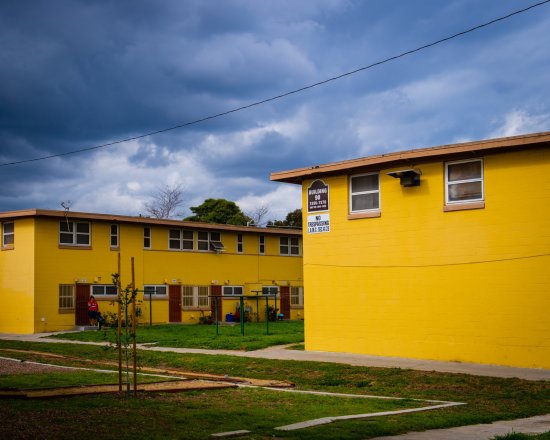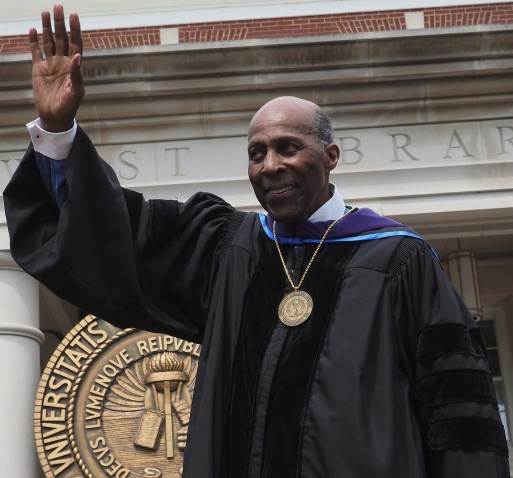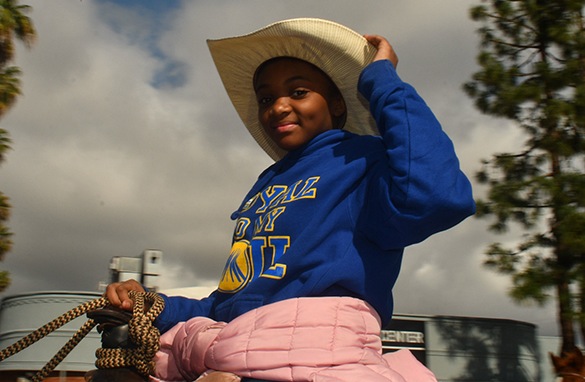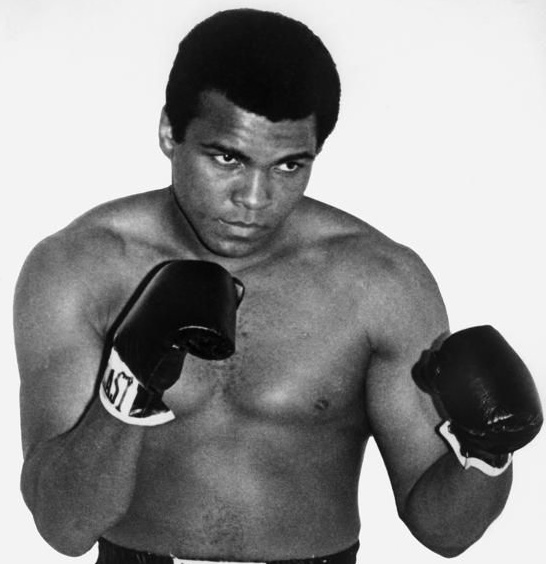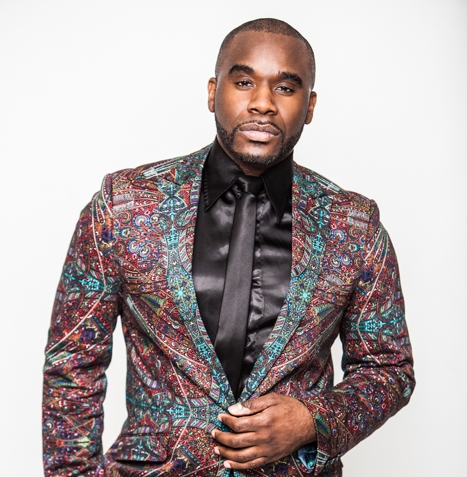The right notes?
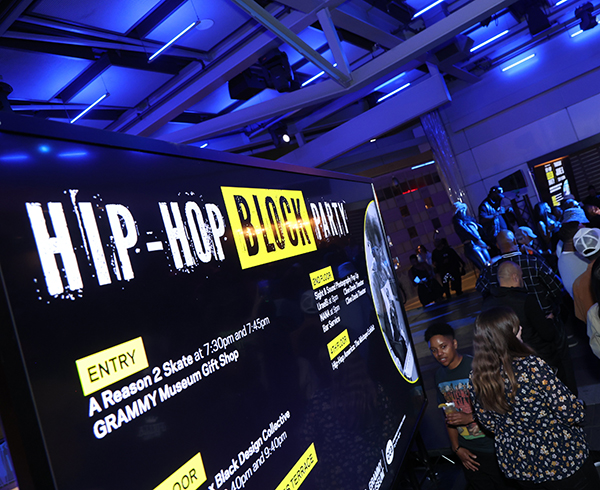
Is music key to inspiring unity, fighting racial hatred?
By Anita Bennett
Contributing Writer
LOS ANGELES – Whether it’s at a concert, a music festival, a church or on tracks, music has always brought people from different races, cultures and economic backgrounds together.
During slavery, spirituals offered hope and comfort to the enslaved, while generations later, artists such as Mahalia Jackson, Harry Belafonte and Aretha Franklin used their music to inspire social change in the 1950s and 1960s.
ANALYSIS
“If you talk to people who were really active during the civil rights movement in the ’50s and ’60s, a lot of people say that without the music, the movement would not have been as powerful as it was,” said Schyler O’Neal, a music producer, songwriter, and manager of community engagement and education at the Grammy Museum.
As part of the museum’s educational programming, O’Neal spreads the word about the role music plays in helping to bridge cultural gaps and fuel understanding between the races.
Such understanding could be key in helping to inspire empathy and overcome racial animosity in America, some observers say.
June is Black Music Month. To celebrate the contributions of hip hop artists to American culture, the Grammy Museum hosted a “Hip-Hop Block Party” earlier this month, marking 50 years of the genre.
According to the music website MusicalFlora.com — an online community of music industry experts — Black music has always played a vital role in “changing hearts” and dismantling racial barriers, especially during the turbulent 1960s.
“Soul music did something amazing during hard times — it brought people of all colors together, especially when there was a lot of hate and unfairness because of race,” according to a recent posting, “Breaking Racial Barriers: How Soul Music United Audiences.”
Black music not only challenged deep-seated ethnic barriers, it also helped to overcome racial hatred, inspire unity, challenge inbred discrimination [and] “foster understanding, empathy, and progress,” the post continued.
If hate is based largely in ignorance, and understanding and empathy help overcome ignorance, is music a vital tool in overcoming hate?
While O’Neal wouldn’t go as far as to say music stops hate, he does believe it’s an effective tool in breaking down racial barriers and fostering understanding.
“Not only has it been an outlet for the youth and continues to be, it’s a way to just bring all different communities together,” O’Neal said.
Dave Schulps, a longtime music journalist and producer at iHeartMedia’s Premiere Networks, said Motown artists such as Smokey Robinson and The Miracles were instrumental in integrating pop culture during the 1960s.
“There are many other examples of Black and white musicians and audiences bridging cultural gaps — Motown in Detroit, the Philadelphia International label leading up to and into the disco era, Jimi Hendrix, who eventually would reach into the Black homes that eluded him early in his career, but which he coveted,” Schulps said.
While a music genre like hip-hop started in the Black urban community, Schulps noted that studies have consistently shown white audiences are now the largest consumers of rap music.
Schulps also recalled “the barrier-shattering popularity of Michael Jackson and Prince everywhere on the planet,” as well as “the revolutionary music of Bob Marley in all corners of the globe.”
O’Neal, meanwhile, described hip-hop as a “melting pot.”
“The cool thing about hip-hop is it blends so many different genres together, so many different cultures together,” he said. “So, if you have a base hip-hop beat, those original forefathers were sampling music from India, music from Africa, music, from Mexican culture, Latin culture, all these different cultures coming together into one movement.”
O’Neal pointed to contemporary artists like Nas, Kendrick Lamar and J. Cole, who use music to communicate messages about overcoming racism, hate and police brutality.
“When it comes to addressing any calls, or anything that we want to bring light to our fight, music is a perfect way and has proven to be a way again, pointing back to the civil rights movement,” O’Neal said.
He noted that reaching young people is the key to change.
“You get to the youth by having somebody that they actually look up to and relate to and want to hear from,” he said. “So, I think the people who are in those positions, who have voices, who actually have the knowledge and the expression to communicate certain messages should use their platform to help push that movement forward.”
Anita Bennett is a freelance reporter for Wave Newspapers. She can be reached at newsroom@wavepublication.com
This resource was supported in whole or in part by funding provided by the State of California, administered by the California State Libraryvia California Black Media as part of the Stop the Hate Program. The program is supported by partnership with California Department of Social Services and the California Commission on Asian and Pacific Islander American Affairs as part of the Stop the Hate program. To report a hate incident or hate crime and get support, go to CA vs Hate.

